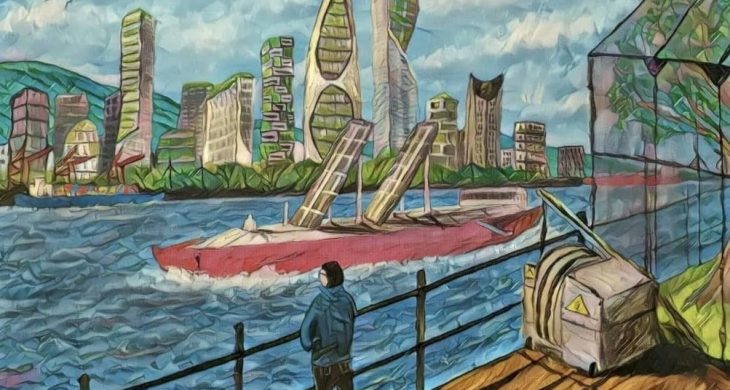
September’s iPACT webinar included presentations from two academics that have been working closely with port authorities in their research projects. Ports are sensitive to changes in the climate and have historically developed to be prepared for these changes in order to remain in business. However increased environmental and social risks and pressures from cities they are situated in need transformational adaptation and future risk planning. How could port and city authorities work together to plan and action these adaptations? This webinar introduced us to this work and some of the recommendations drawn from the research.
Dr Katie Jenkins, Tyndall Centre for Climate Change Research, University of East Anglia
Climate change adaptation in the port industry: Evaluating evidence of incremental versus transformational adaptation using a national Adaptation Inventory

Further reading
Identifying adaptation ‘on the ground’: Development of a UK adaptation Inventory, Climate Risk Management, vol 36, 2022 https://doi.org/10.1016/j.crm.2022.100430
www.nismod.ac.uk/openclim OpenCLIM (Open Climate Impact Framework)
Dr Toby Roberts, University of Southampton
“Implementing Sustainable Development in Port-cities.”
Port-cities are at the epicentre of many of the key issues and processes of modern times, such as globalisation, urbanisation and development. They provide considerable benefits, whilst producing negative impacts such as pollution and traffic congestion. Sustainable development in port-cities is therefore of great importance if a transition to a sustainable world is to be achieved. This is often made more challenging by competing port and city stakeholders and a lack of cooperation.

Further reading
Art book “Port-Cities: Past Present and Future” – https://heyzine.com/flip-book/6c74a59771.html
Classification system – https://doi.org/10.1080/03088839.2020.1802785
Environment – https://doi.org/10.3390/su15129722
Social – https://doi.org/10.3390/su132313391
Economy – https://doi.org/10.3390/su13137079